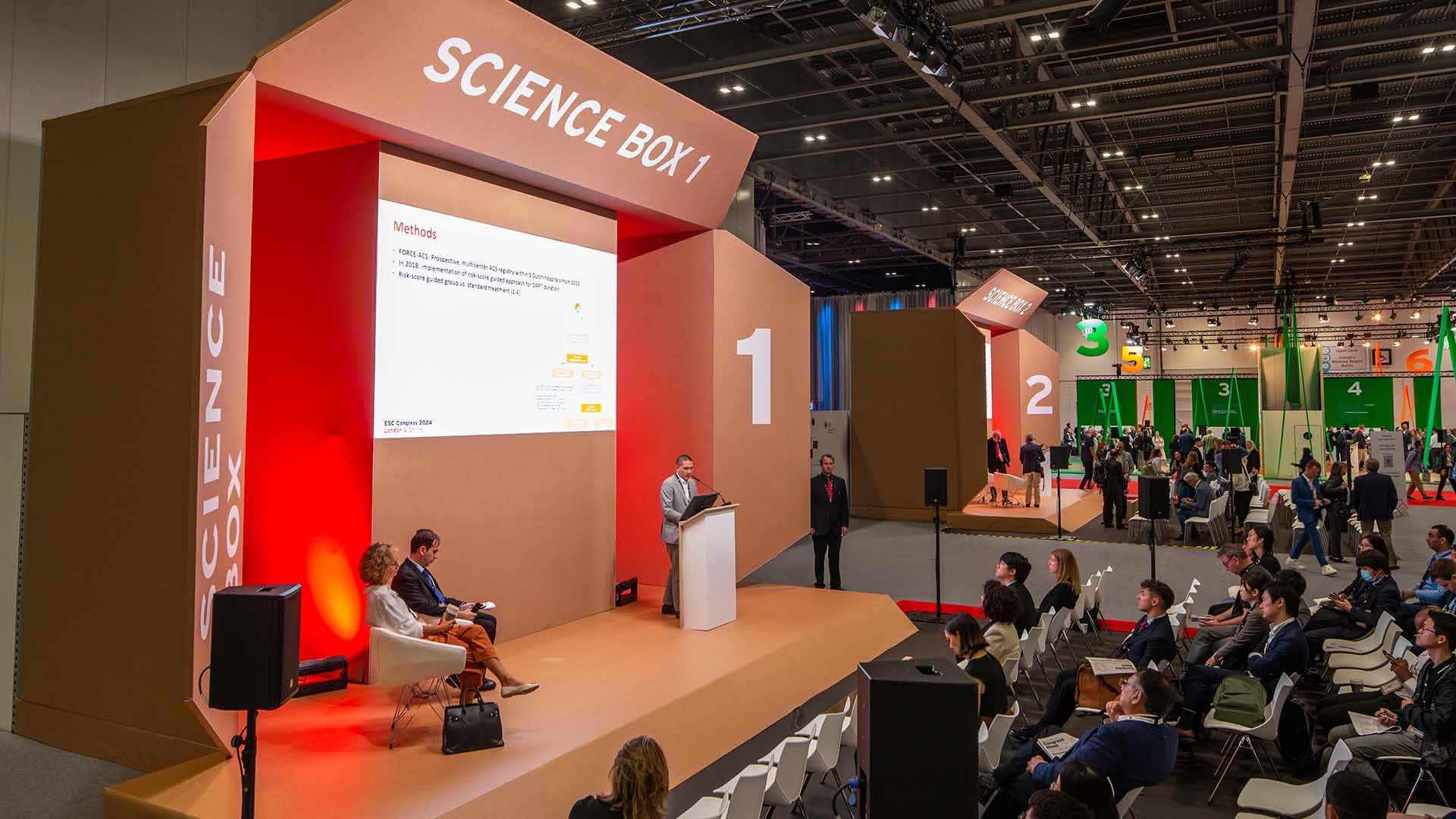The events usually have a high negative impact on the environment, but their development can also influence other social and economic areas of great importance. The importance of generating sustainable events has been growing due, among other things, to a greater awareness of these aspects. The industry has long been actively concerned with intervention in the sustainable aspects of events. In the following article we want to list some good practices to organize a sustainable event. Keep reading and do not miss this valuable information.
What is sustainability in an event and why is it important?
The sustainability of events is currently a non-negotiable issue in the sector. This covers much more than the environment. It is also an economic and social issue. Sustainability must necessarily be aligned with the SDGs, the 2030 agenda of the United Nations Organization. It must be able to affect all the groups involved in an event and, also, all the phases of its development. This includes everything from planning to production, logistics, transportation, supplier selection, graphic and 3D design, among other things.
For a sustainability policy to be adequate, we must set achievable and measurable objectives and goals. It is necessary to have a plan that marks a procedure and within a certain period. And, in addition, it is necessary to control the possible deviations that may occur to correct them.
Why should an event be sustainable?
An event must be sustainable because they represent an item that generates high impact in all aspects. This impact goes hand in hand with a greater generation of waste, a high consumption of energy and water, noise pollution, light pollution, atmospheric pollution, and greater degradation of the environment, among others.
False rumours about sustainable events
There are various myths regarding sustainable events. Next, we will talk about some of the most frequent ones and why they are not true.
The cost is higher
One of the most common myths has to do with the idea that holding a sustainable event is more expensive than usual. That's not true. It is not a more expensive investment, but a redistribution and reorientation of it to achieve an event with less impact.
It is complicated to manage
For an event to be sustainable, it is not necessary to develop great strategies. What it is about is being aware of the magnitude that an event encompasses, making certain decisions and carrying out certain gestures to achieve that sustainability. Some of these gestures can be simple, such as the integration of personnel at risk of exclusion, the use of electric transport, the hiring of sustainable catering, among others.
If the event is small, it has no impact on the environment.
It is often believed that when it comes to a small event there is no carbon footprint. But this is not true either. Every action carried out to hold an event generates a carbon footprint. Keep in mind that even small actions like turning on a machine to cut a piece of wood can contribute to this footprint, so even the smallest events have a negative impact on the environment.
The benefits of a sustainable event
Now, we will mention some of the benefits involved in designing and managing sustainable events. The most important are the following:
- They allow to reduce the negative environmental and social impact.
- They represent a saving of money.
- They add human and environmental value to the event.
- They generate a better image of the brand or the company.
- They create links between the environment and the organization and between the organization and the community.
- They inspire innovation and creativity.
- They change the relationship of all participants, both guests and organizers, with the natural environment.
Good practices for a sustainable event
In the first instance, for an event to be sustainable, all parts of the company must be aware of the issue. It is not about a group of people thinking about it, but about all parts of the organization knowing the importance of these practices, acquiring a commitment to it, and knowing the techniques to carry it out. This includes external providers, who must also be aligned with the organization's position.
Some of the good practices for a sustainable event that should be considered are:
Take advantage of natural light
Depending on the characteristics and schedules of the event, it is important to prioritize the choice of spaces that have natural light. This will make it possible to considerably reduce electricity consumption, choosing to rent spaces where artificial lighting is practically not required or the need for it is very low.
Find nearby accommodation
In many events it is necessary to find accommodation for the guests. There are many ways to approach this practice. To achieve a sustainable event, what is recommended is to look for accommodation as close as possible to the venue of the event, to avoid these people having to use means of transport to get to the event and thus reduce the footprint of the event.
Choose sustainable catering
When you think about catering, you don't tend to think about the impact that it can have not only on the environment but also on society. The recommendation is to opt for a catering that is sustainable, a catering of fair-trade products and kilometre zero.
Opt for recyclable materials
When choosing the materials for the furniture, scenery or for the details that are required for the event, the ideal is to opt for those that are recycled or recyclable. That they are not of first manufacture or, if they are, that they are made of materials that can later be recycled and that are not single-use or that have been produced with certain certification systems such as FSC or PEFC.
Take care of transport logistics
Many times, when managing the transport logistics of an event, trips are made that are unnecessary and can be avoided. A logistics organization that is consistent with sustainability must be sought, maximizing the occupation of the transport used to reduce the number of trips. In addition, it is recommended to look for means of transport that do not increase the carbon footprint.
In this sense, the ideal is to procure for the staff or assistants hybrid vehicles for their displacement.
Signal waste management
It is very important, to avoid a greater impact on the environment, that waste management is adequate. To do this, the ideal is to properly signpost the waste collection points to avoid confusion, choosing containers classified by colours. Clear information about the content to deposit in them is essential for selective collection.
Reduce paper
Nowadays, new technologies have allowed the implementation of different methods of sale and use of tickets. It is recommended to take advantage of elements such as the QR against the paper ticket, to avoid the unnecessary use of this material and the waste it generates.
Hire conscientiously
Finally, it is important to include in our events the integration of personnel at risk of social exclusion or minorities for the different functions that may arise. In addition, for a sustainable event, it is best to prioritize the hiring of suppliers that are close to the local area to promote economic growth in the area.
If you are looking for an agency to help you develop your events from a sustainable perspective, we suggest you read the article Tips to choose the best agency to organize your event.
















